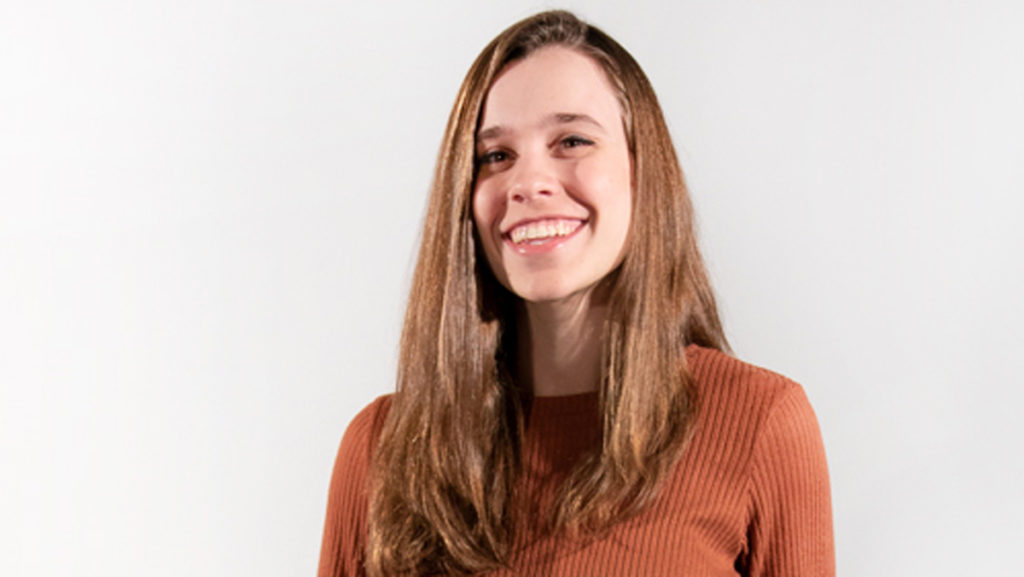Amid the backlash surrounding the Division I men’s and women’s basketball tournaments several weeks ago, the NCAA was fighting another battle in the Supreme Court. The case, National Collegiate Athletic Association v. Alston, deals primarily with athlete benefits from institutions like food, technology and academic materials. The case could also have enormous implications for athlete compensation and amateurism far beyond the fundamentals that the court will rule on.
Even in the hyperpartisan American political climate, justices on both sides of the aisle raised questions about the NCAA’s defense when they heard arguments for the case in March. Notoriously conservative justice Clarence Thomas, who rarely speaks during arguments in the court, criticized the organization’s emphasis on amateurism for athletes while it allows college coaches’ salaries to rapidly increase. The argument against the NCAA asserts that the organization is fixing the price of student-athlete labor, which would violate antitrust laws.
One of the biggest changes to the NCAA system that could come from this case surrounds the use of athlete names, images and likenesses (NIL). In the past, athletes have been banned from profiting off their NIL because the NCAA’s amateurism policies bar student-athletes from receiving any external financial compensation related to their sport. However, if the NCAA is determined to fix the market on labor, athletes could establish much more freedom to make money from things like social media sponsorships, autographs or jersey sales.
The NCAA has considered changing its NIL policy in the past, but all of the legislation was tabled in January. If the courts force the organization to reevaluate those rules, it would have an incredible impact on young athletes, especially for women and those who compete in non-revenue sports.
Athletes who play the most popular sports — football and men’s basketball — typically already receive the most benefits from their institutions and from the NCAA itself, which was plain to see during the NCAA basketball tournament this year. However, popularity in terms of television and ticket sales does not translate to popularity on social media, where NIL would hold the most weight. According to Axios, eight of the top ten most-followed NCAA basketball players are women, and an analysis by Opendorse showed that women athletes would have greater overall earning power from social media than men.
According to Opendorse, some athletes could be making tens — if not hundreds — of thousands of dollars per year from their name, image and likeness. The firm estimates that non-revenue athletes like Dana Rettke, a volleyball player at the University of Wisconsin, could be profiting more than $12,000 based on her Twitter and Instagram followings, and University of Oregon softball star Haley Cruse is projected at nearly $118,000.
That amount of money would almost certainly be life-changing for college students, but it also gives a financial boost to women and non-revenue athletes who are consistently undervalued in the professional sports space. In 2019, top National Women’s Hockey League players could only make a maximum salary of $15,000, meaning that most have to get second jobs to support their hockey careers. A 2016 study found that nearly 50% of American professional track and field athletes live below the poverty line.
If the NCAA is serious about creating equity for its athletes, it is absolutely necessary to pass NIL legislation. It is embarrassing that the organization may need to be forced into treating students fairly by the highest court in the nation, but as social media continues to grow, these changes will become more and more necessary. Athletes have missed out on massive revenue opportunities for years, but these necessary changes are better late than never.




